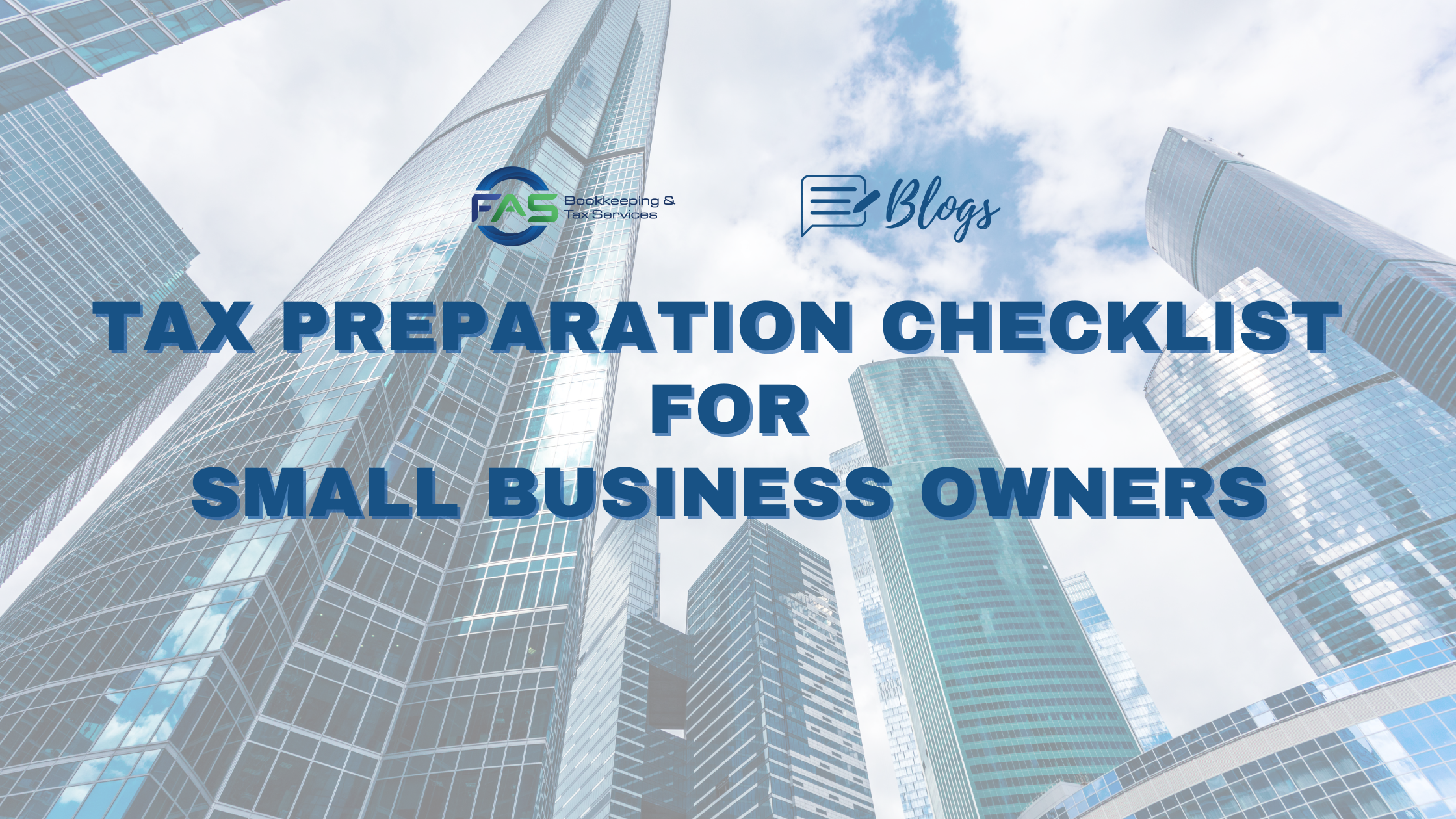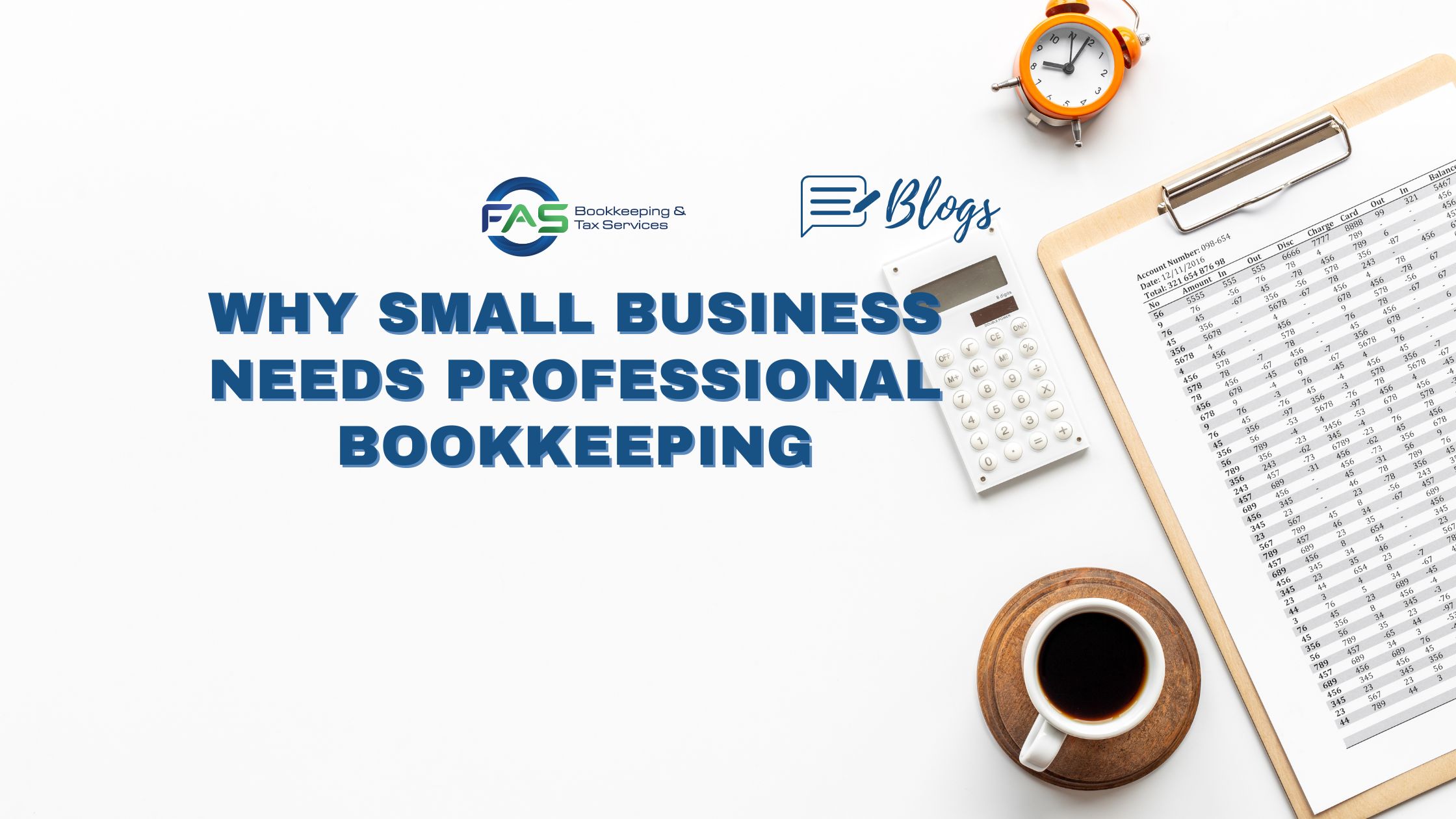New variations of tax-related scams show up at regular intervals, the most recent one related to Social Security numbers. Don’t be fooled, however; it’s nothing more than a new twist on an old scam and yet another attempt to frighten people into returning “robocall” voicemails.
How the Scam Works
Con artists claim to be able to suspend or cancel the victim’s SSN and may mention overdue taxes in addition to threatening to cancel the person’s SSN. The following are actions that the IRS and its authorized private collection agencies will never undertake, but are the telltale signs of this and many other scams:
- Call to demand immediate payment using a specific payment method such as a prepaid debit card, iTunes gift card or wire transfer. The IRS does not use these methods for tax payments.
- Ask a taxpayer to make a payment to a person or organization other than the U.S. Treasury.
- Threaten to immediately bring in local police or other law-enforcement groups to have the taxpayer arrested for not paying.
- Demand taxes be paid without giving the taxpayer the opportunity to question or appeal the amount owed.
What to Do
If taxpayers receive a call threatening to suspend their SSN for an unpaid tax bill, they should just hang up. Taxpayers should not give out sensitive information over the phone unless they are positive they know the caller is legitimate.
Taxpayers who don’t owe taxes and have no reason to think they do should:
- Report the call to the Treasury Inspector General for Tax Administration.
- Report the caller ID and callback number to the IRS by sending it to phishing@irs.gov. The taxpayer should write “IRS Phone Scam” in the subject line.
- Report the call to the Federal Trade Commission. When reporting it, they should add “IRS Phone Scam” in the notes.
Taxpayers who owe tax or think they do should:
- View tax account information online at IRS.gov to see the actual amount owed and review their payment options.
- Call the number on the billing notice
- Call the IRS at 800-829-1040.




